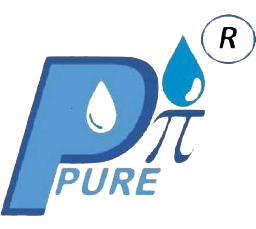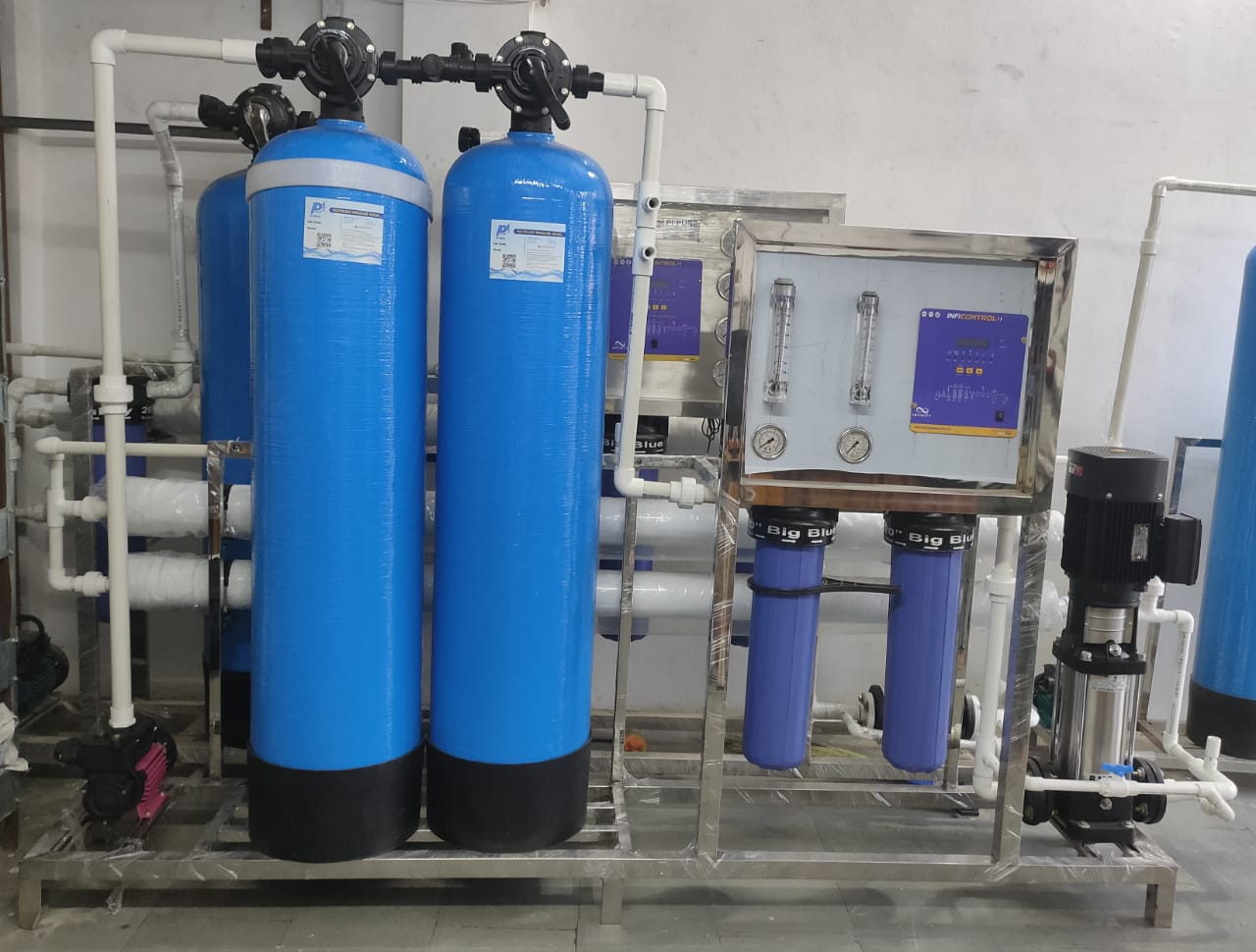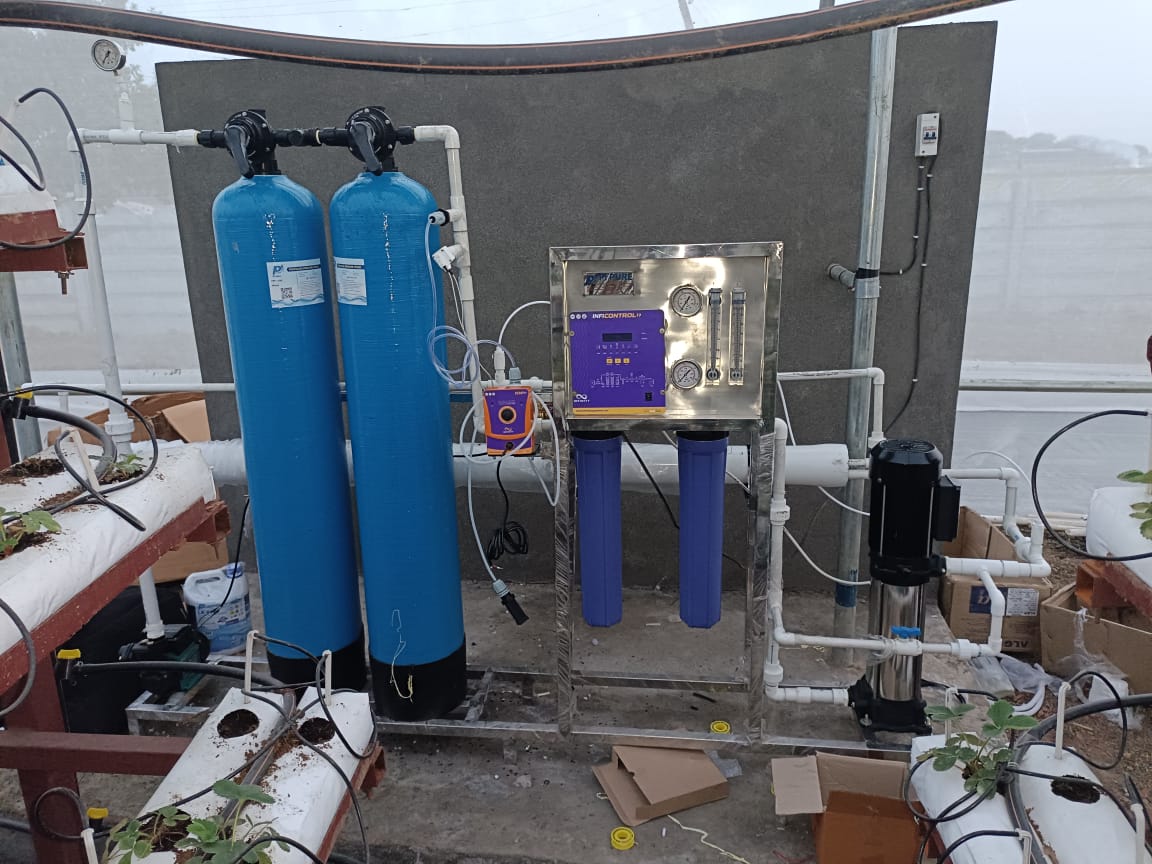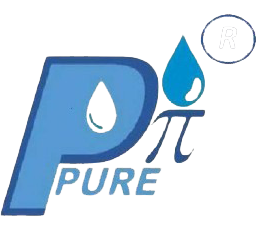Effluent Treatment Plant
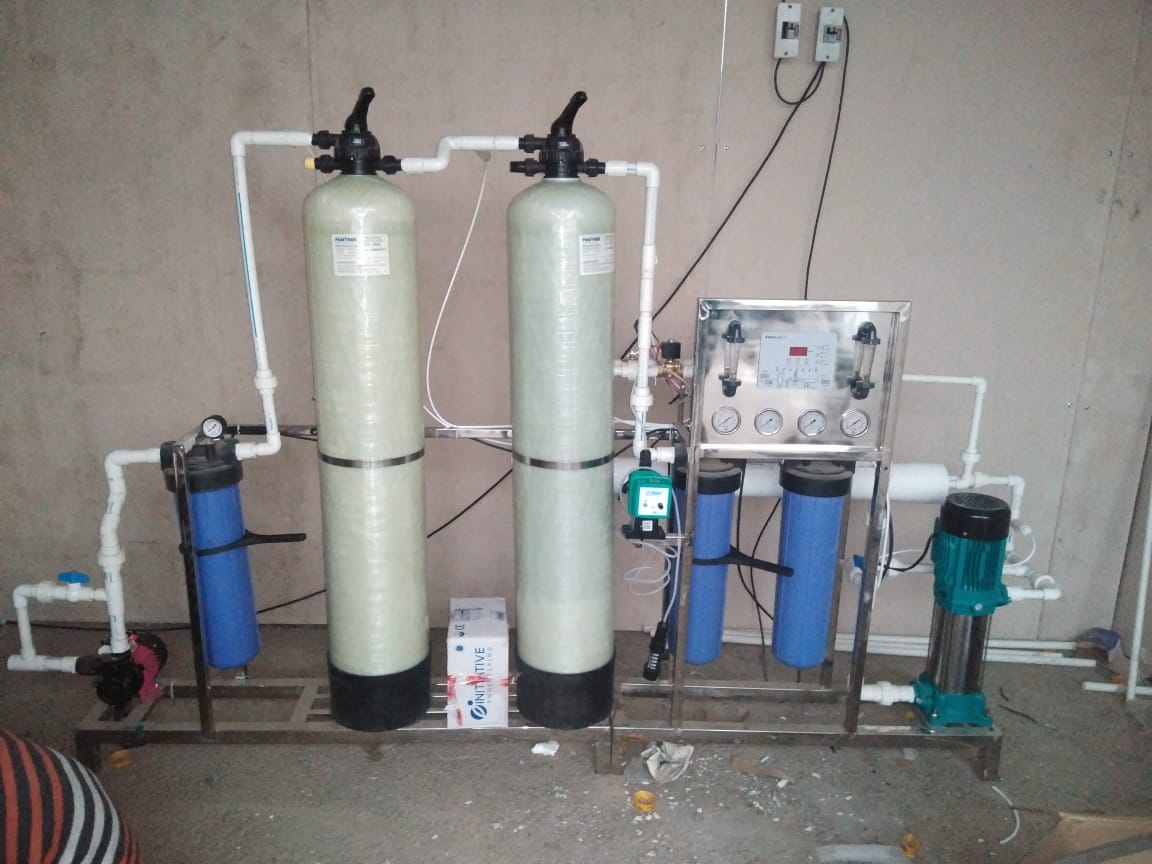
Effluent Treatment Reverse Osmosis (RO) Plants are advanced systems designed to treat industrial wastewater, ensuring compliance with environmental standards and promoting sustainability. These plants effectively remove contaminants, including chemicals, heavy metals, and suspended solids, from effluent water through a multi-stage filtration process. The RO technology plays a key role in desalination and purification, delivering high-quality water suitable for reuse in various industrial applications. By implementing an Effluent Treatment RO Plant, industries can minimize water wastage, reduce environmental impact, and lower operational costs. These systems are vital for industries aiming to adopt eco-friendly practices and maintain regulatory compliance.
Key Features of Effluent Treatment RO Plants
Advanced Treatment Process
Effluent Treatment RO Plants utilize a multi-stage treatment process that typically includes:- Pre-treatment: Removal of large particles, oil, grease, and suspended solids.
- Chemical Treatment: Addition of coagulants and pH adjusters to neutralize contaminants.
- Reverse Osmosis: A pressure-driven process that removes dissolved salts, heavy metals, and other impurities.
High Efficiency and Performance
These plants are capable of treating high Total Dissolved Solids (TDS) effluents, ensuring the output water meets stringent quality standards. They are widely used in industries such as textiles, pharmaceuticals, food and beverages, and chemical manufacturing.Eco-Friendly and Cost-Effective
Effluent Treatment RO Plants help industries recycle wastewater, minimizing freshwater consumption. The reclaimed water can be reused for non-potable purposes like cooling, irrigation, and cleaning, significantly reducing operating costs and environmental impact.
Benefits of Effluent Treatment RO Plants
Regulatory Compliance
Industries are required to adhere to strict wastewater discharge norms. These plants ensure compliance by removing harmful pollutants and toxins from the effluent.Resource Conservation
By recycling wastewater, these systems contribute to water conservation, a critical need in water-scarce regions.Improved Sustainability
Effluent Treatment RO Plants align with global sustainability goals by promoting the responsible use of resources and reducing pollution.Enhanced Operational Efficiency
Industries can achieve better operational efficiency by using treated water for various processes, reducing dependency on external water sources.
